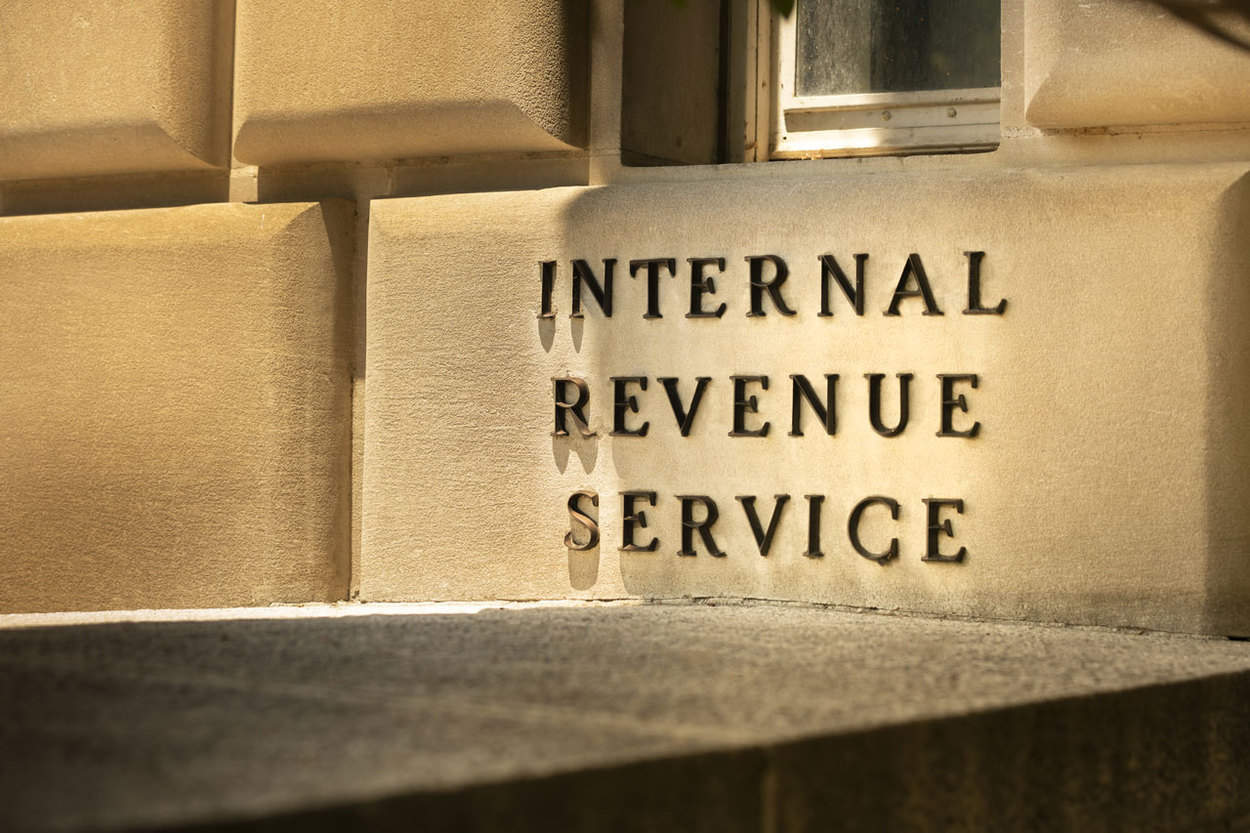
Blog
IRS Issues Guidance on Retroactive Termination of Employee Retention Credit: What Businesses Need to Know
December 8, 2021
Congress signed the Infrastructure Investment and Jobs Act (IIJA) into law on November 15, 2021, which included a retroactive termination of the Employee Retention Credit (ERC) as of September 30, 2021 (except for recovery startup businesses). The ERC had previously been extended through December 31, 2021, by the American Rescue Plan Act (ARP Act). On December 6, 2021, the IRS issued guidance on this retroactive termination. Here is what you need to know:
- The ERC will no longer be available for wages paid after September 30, 2021, unless the employer is a recovery startup business.
- A recovery startup business is defined as a business that:
- Began operations after February 15, 2020.
- Has average annual gross receipts of no more than $1,000,000 for the three tax years preceding the quarter in which it claims.
- Is not an otherwise eligible employer due to suspension of operations or decline in gross receipts.
- A recovery startup business is defined as a business that:
- Employers that received advance payments of the ERC for wages paid in the fourth quarter of 2021 can avoid failure to pay penalties if they repay those amounts by the due date of their applicable employment tax returns.
- Employers that reduced employment tax deposits in anticipation of claiming ERCs can avoid failure to pay penalties if:
- The employer reduced its deposits consistent with IRS guidance provided by Notice 2021-24.
- The employer deposits the amounts initially retained in anticipation of the ERC on or before the relevant due date for wages paid on December 31, 2021.
- The employer reports the tax liability resulting from the termination of the ERC on its employment tax return or schedule that includes the fourth quarter of 2021 (October 1, 2021, through December 31, 2021).
- The IRS will not waive failure to pay deposit penalties for employers who reduce deposits after December 20, 2021.
- An employer that does not qualify for the above relief may reply to a penalty notice with an explanation, and the IRS will consider reasonable cause relief.
If you have questions regarding the retroactive termination of the Employee Retention Credit, the Moore Colson team is here to help. Don't hesitate to get in touch with us for more information.


